The United States' malicious attempts to suppress China have caused a huge blow to the global photovoltaic industry and there is no so-called forced labor in any enterprise in the Xinjiang Uygur autonomous region, a spokesman for the regional government said.
The concentration of photovoltaic production capacity is the result of resource distribution, technological difference, market drive and other factors, Xu Guixiang, spokesman for the regional government, said at a news conference held in Beijing on Tuesday.
"It (the concentration of photovoltaic production capacity) is a normal phenomenon of the development of the international photovoltaic industry, and also a universal law of the development of many international industries," said Xu.
The fragility of the global photovoltaic industry and supply chain has been caused by the U.S.' implementation of the so-called Uyghur Forced Labor Prevention Act to suppress China's photovoltaic industry. The actions of the U.S. seriously violate market rules and World Trade Organization rules, undermine the international trade order and interfere with the cooperation and development of the global photovoltaic industry, he said.
Under the act, which passed at the end of 2021 and took effect in June, U.S. Customs and Border Protection will block all imports made wholly or partly in Xinjiang, citing "forced labor" as the reason.
The production of polysilicon, a key raw material in the solar photovoltaic industry, is not a labor-intensive industry, but a technology-and capital-intensive one. Xu said polysilicon enterprises in Xinjiang have reached the international first-class level and achieved a high degree of automation and digitalization.
"5G technology has been fully applied in production. Most operations in the factory are done by computers and there is no need for a large number of manual workers," he said.
Xinjiang's photovoltaic enterprises are all legally registered and operate in accordance with laws and regulations. They always faithfully fulfill their corporate social responsibilities, abide by the code of business ethics, guarantee the equal employment of ethnic minority employees without discrimination, and guarantee their freedom of movement.
China is the world leader in polysilicon production, and according to Xu, Xinjiang produced 469,400 metric tons of silicon-based new materials in 2021, up 30.9 percent.
As the core area of the Silk Road Economic Belt, Xinjiang is also making full use of its resources and geographical advantages to attract more people to invest and start businesses there, and to strengthen cooperation and exchanges with foreign countries, said Xu.
In recent years, Xinjiang has continued to reap the benefits of stability, achieved rapid economic and social development, and completed a large number of infrastructure and major industrial projects that bear on overall and long-term development, said Mao Hui, deputy head of the region's development and reform commission.
"Xinjiang has signed 21 cooperation agreements with 25 countries and international organizations, and established economic cooperation relations with 190 countries and regions," he said.
Xinjiang has also opened 118 international road transport routes, has overseas investment covering more than 60 countries and regions, and the region has established four overseas economic and trade cooperation parks. The region has scientific and technological cooperation agreements with over 400 research institutes from 45 countries and regions, he said.












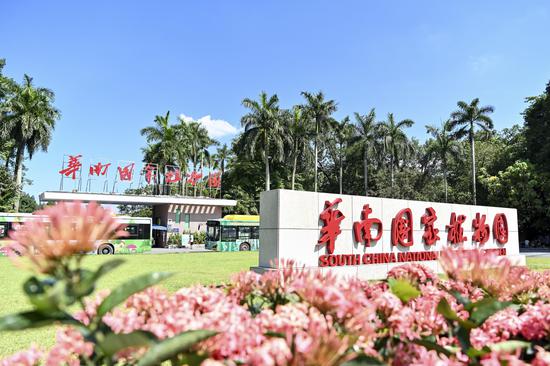




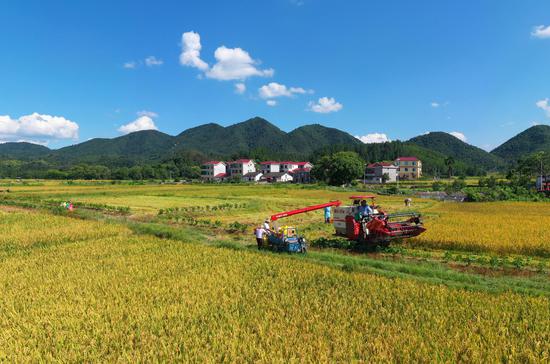

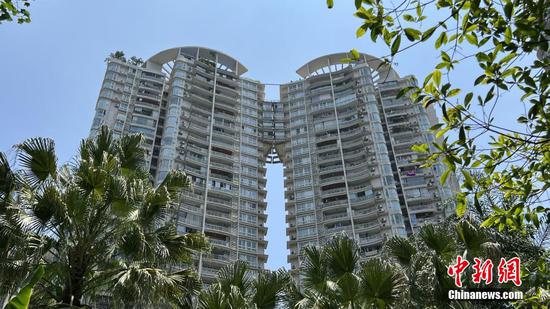


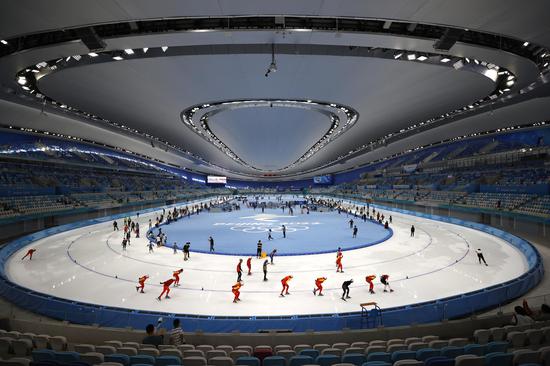
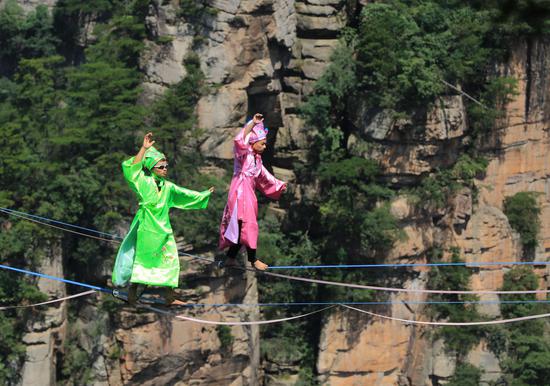
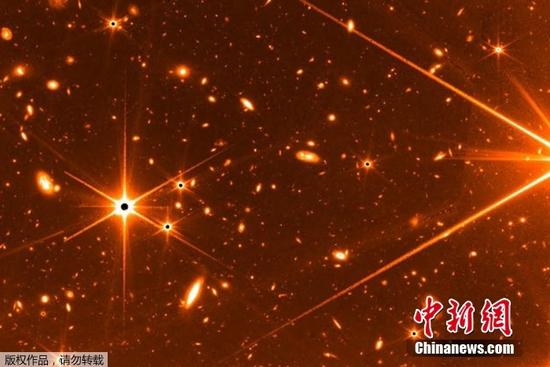

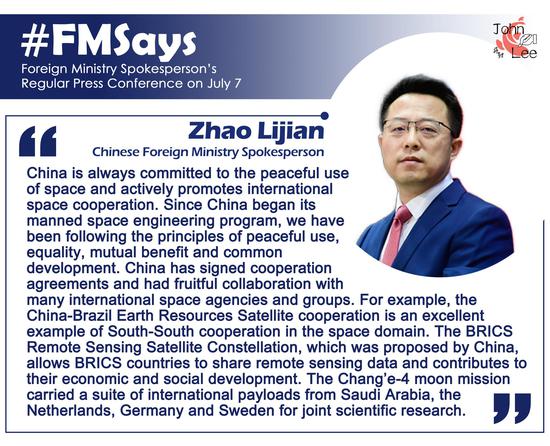
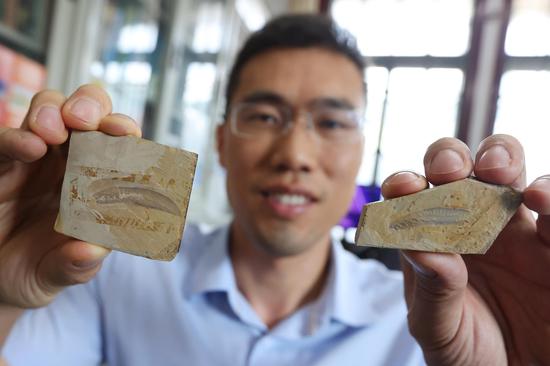
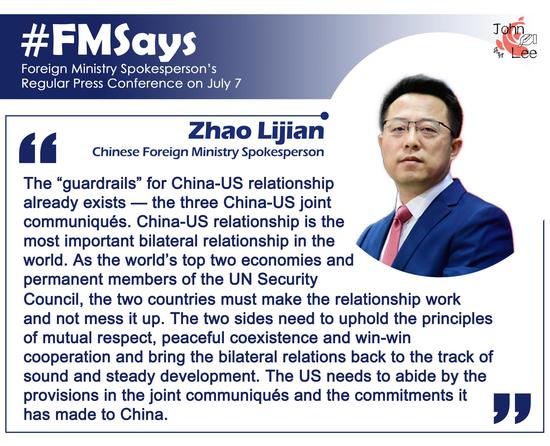
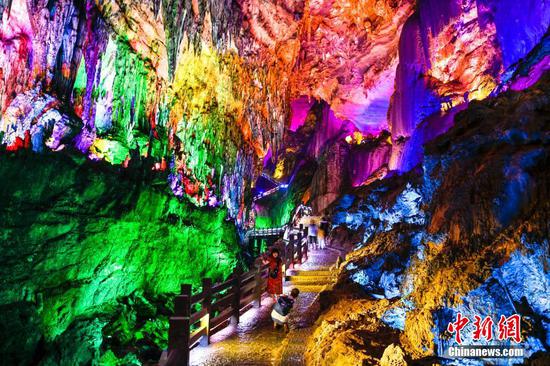
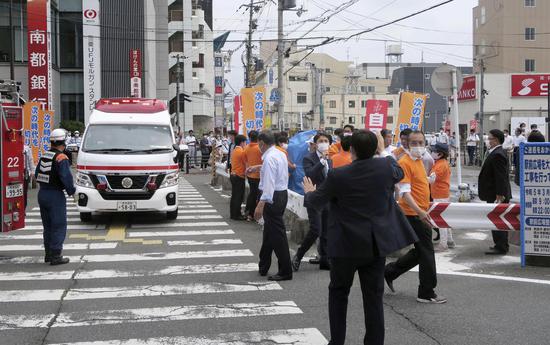
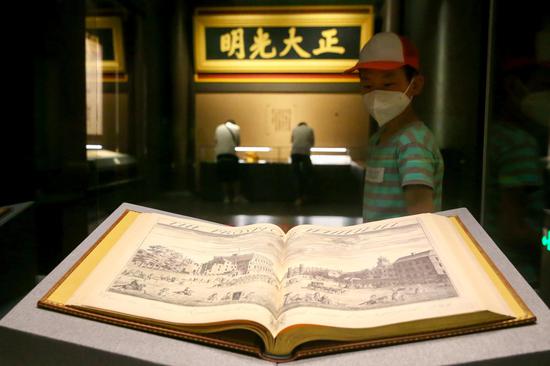




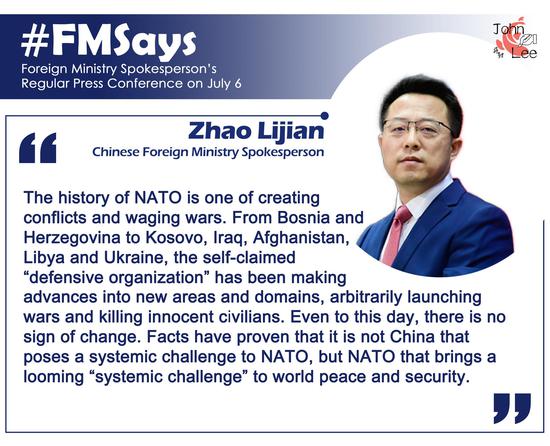
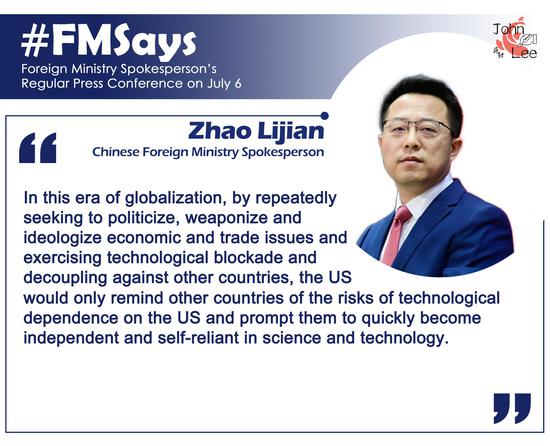



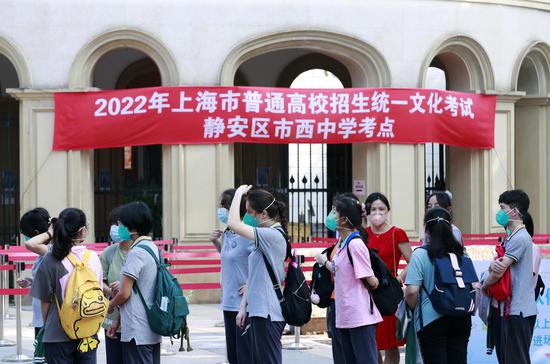
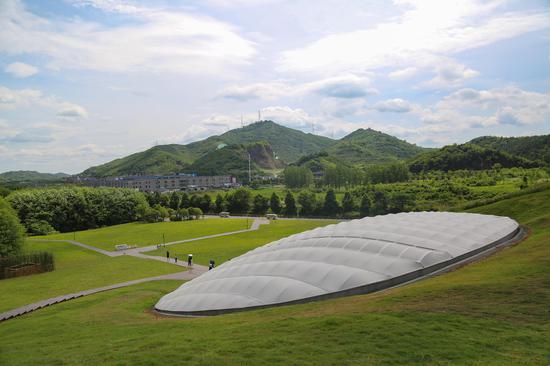

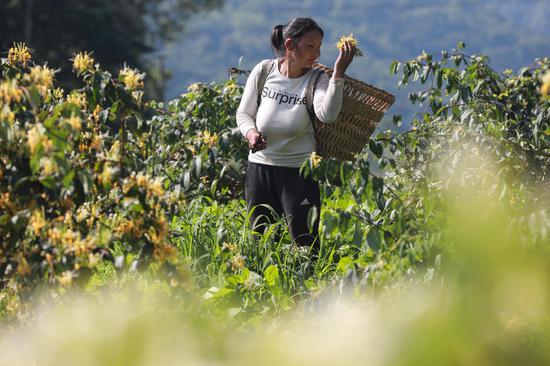





 京公网安备 11010202009201号
京公网安备 11010202009201号